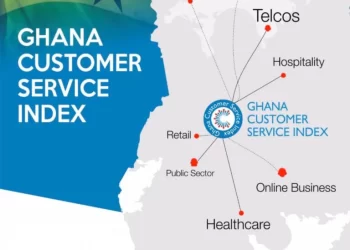Former Finance Minister Dr Amin Adam has criticised the government’s 24-Hour Economy initiative, arguing that it has failed to deliver the employment and business benefits promised during its introduction.
Dr Adam said the programme lacks a clear roadmap and has not met public expectations.
“The government promised lots of jobs when it came to power, but unfortunately, those promises have not materialised. Remember their promise on the 24-Hour Economy — they claimed that one job would engage three people working in shifts: 1-3-3. But what has happened so far?” he asked.
He further stated that the initiative has become “a confusing mix of policy ideas with no implementation arrangement,” leaving young people without the jobs they were assured of. According to him, the youth continue to roam the streets while farmers and traders struggle with poor sales and low demand.
His reactions come after the government earmarked GH¢110 million for the implementation of the 24-hour economy programme, a key initiative aimed at boosting productivity, creating jobs, and driving economic growth across various sectors.
According to the Minister of Finance, Dr Cassiel Ato Forson, the funds will support the initial rollout phase of the policy, which seeks to encourage businesses and public institutions to operate in shifts around the clock.
Presenting the 2026 budget statement and economic policy of the government, Ato Forson said “Mr Speaker, to unlock round-the-clock productivity, exports, and decent jobs under the 24-Hour Economy, we are providing an allocation of GH¢110 million in 2026 for the implementation of the 24-hour economy programme. This will
be leveraged with GIIF/DBG and private capital to keep financing largely off the sovereign balance sheet.”
The allocation forms part of broader efforts to accelerate economic recovery, create sustainable employment, and strengthen Ghana’s industrial base.
The initiative is expected to enhance service delivery, reduce unemployment, and maximise the use of national infrastructure.
The 24-hour economy programme is one of the government’s flagship strategies to stimulate economic activity beyond regular working hours.
It is designed to attract private sector participation and investment in areas such as manufacturing, health, transportation, and security.












